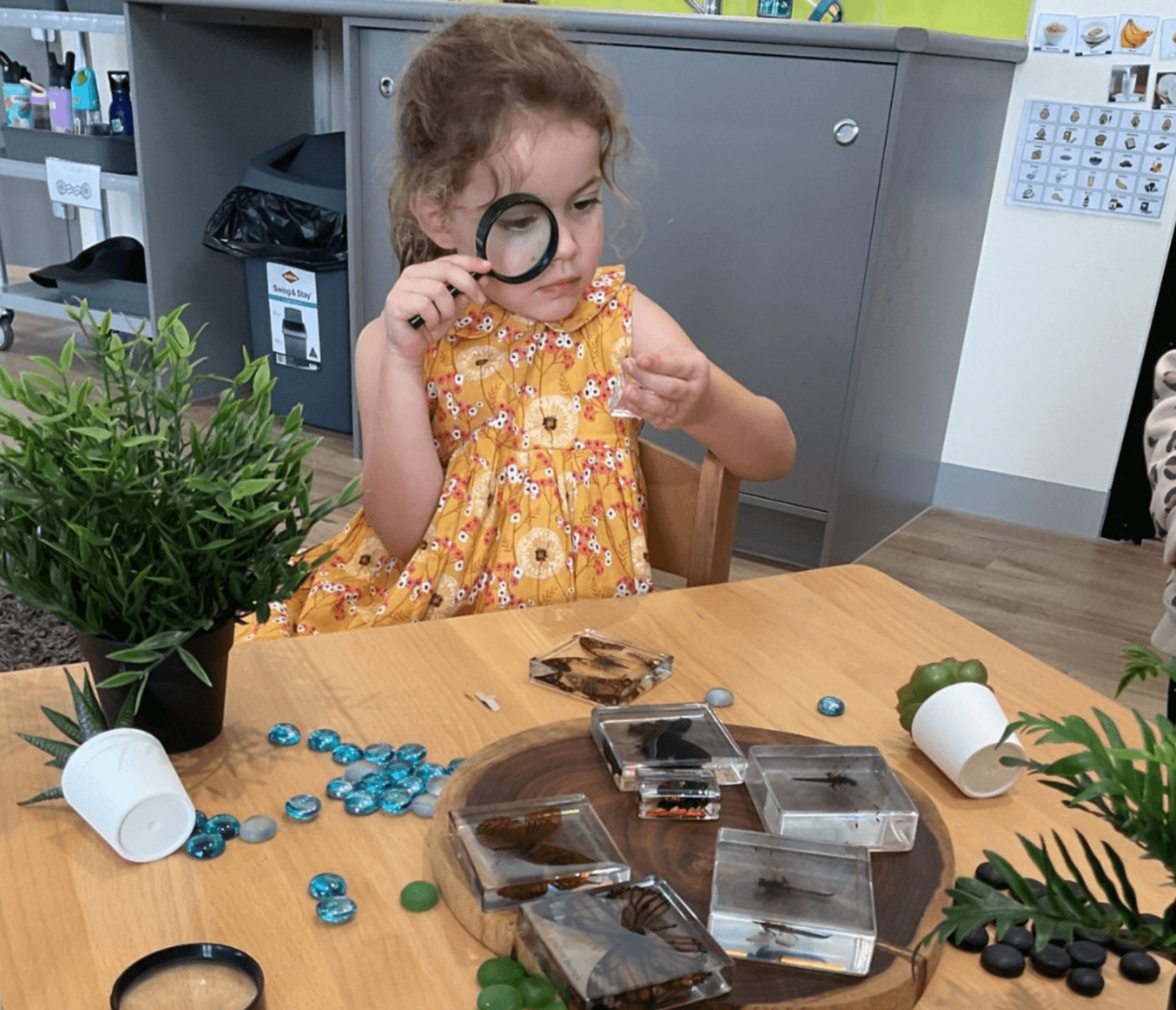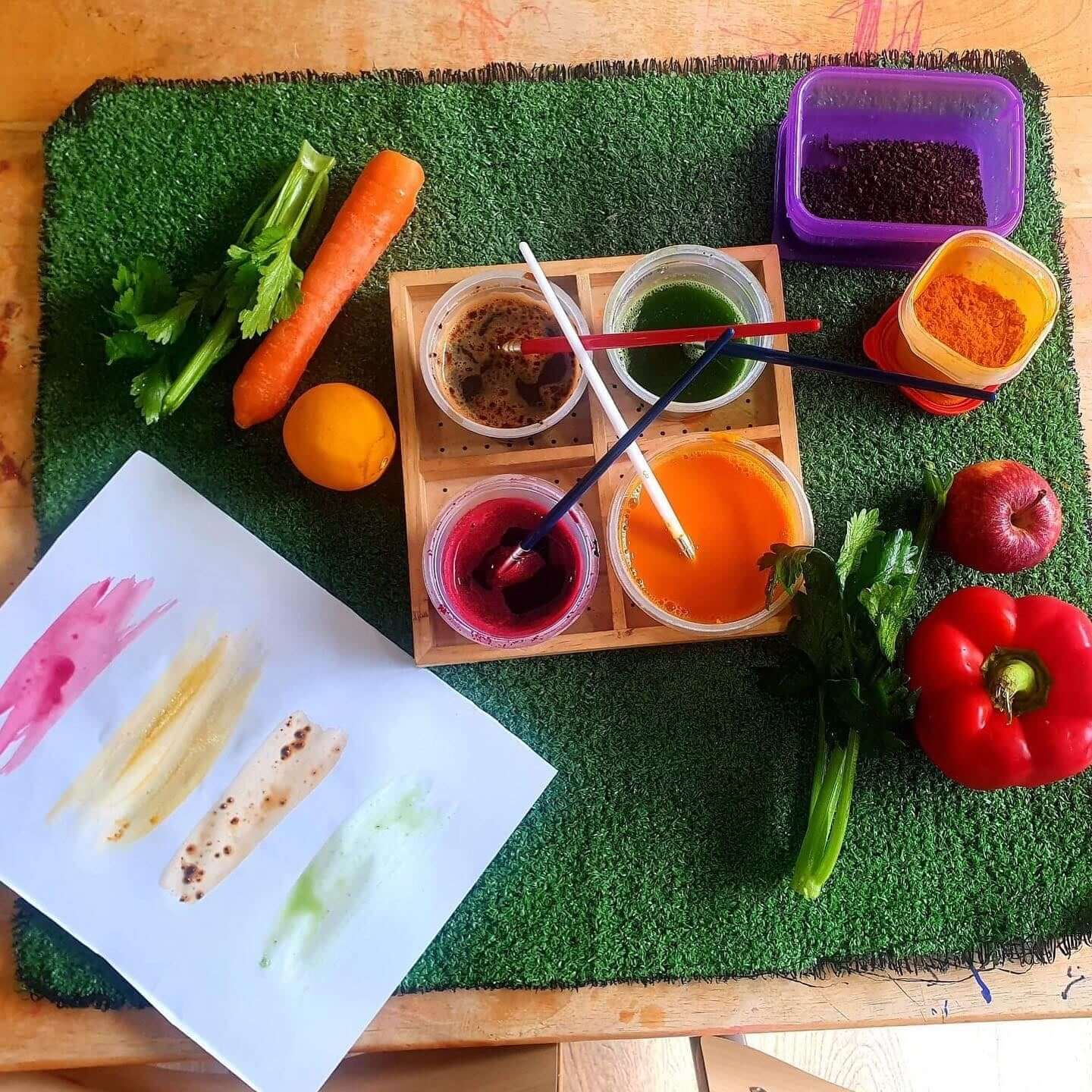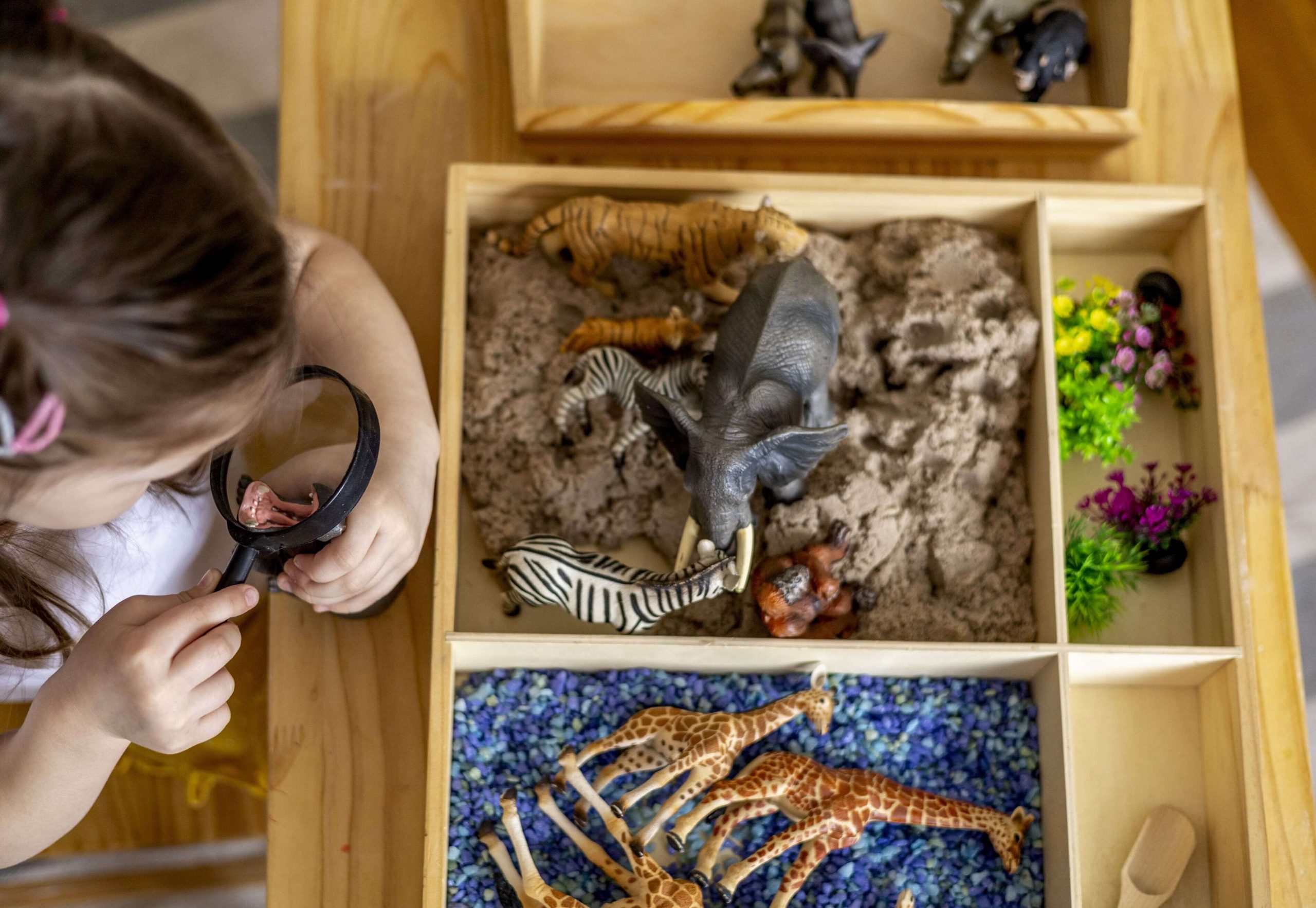If you’re dealing with a fussy eater at home, you’re not alone. Many toddlers and young children go through a phase where they’re more selective about what they eat. At Community Kids Haven, we support families through this common stage with patience, understanding, and practical strategies.
Here’s what you need to know about fussy eating—and how to help your child develop a healthy relationship with food, without stress or pressure.
What Causes Fussy Eating?
Fussy eating is a normal part of child development. It often starts around 18 months to 3 years, when children become more independent and want to assert control over their choices—including food. Other common causes include:
- Changes in routine or environment
- Teething or feeling unwell
- Sensory sensitivity to textures or smells
- A natural decline in appetite as growth slows
Most children outgrow fussy eating in time, especially when they’re given consistent exposure to a variety of foods.
Top Tips for Supporting a Fussy Eater
1. Offer a Variety Without Pressure
Serve small portions of familiar foods alongside new options—without demanding your child try everything. A no-pressure approach helps reduce anxiety and builds trust around food.
2. Stick to Regular Mealtimes
Children thrive on routine. Offer three meals and two snacks each day at consistent times, and avoid grazing throughout the day so they come to meals hungry.
3. Make Mealtimes Positive and Social
Sit together as a family when possible and model healthy eating. Children are more likely to try new foods when they see others enjoying them.
4. Avoid Making a Separate “Kids’ Menu”
While it can be tempting to serve your child’s favourite foods every day, try to offer the same meals you’re eating, with minor adjustments if needed. This encourages flexibility and reduces pickiness over time.
5. Involve Your Child in Food Prep
Children are more likely to try foods they’ve helped make. Let them rinse vegetables, stir ingredients, or choose between two healthy options. This builds curiosity and ownership.
6. Don’t Bribe or Force-Feed
Avoid rewarding your child with dessert for eating vegetables or insisting they clean their plate. These tactics can backfire and create negative associations with food.
What We Do at Community Kids Haven
At Community Kids Haven, we take a supportive, child-led approach to mealtimes. Our educators:
- Offer a variety of healthy meals and snacks
- Encourage children to explore new foods at their own pace
- Create calm, social mealtimes where children feel safe to try
- Respect children’s preferences while gently introducing new options
We work closely with families to understand each child’s dietary needs, cultural preferences, and eating patterns, so we can create a consistent and respectful approach.
When to Seek Support
If your child consistently refuses entire food groups, is not gaining weight, or becomes distressed at mealtimes, it may be helpful to speak to your GP, paediatrician, or a child nutritionist for individual advice.
Final Thoughts
Fussy eating is a normal part of growing up—but with the right support and a positive mealtime environment, most children learn to enjoy a wider range of foods in time. At Community Kids Haven, we’re here to partner with families to make mealtimes less stressful and more enjoyable.
Want to learn more about how we support healthy eating at our centres? Contact your local Community Kids Haven centre for a tour and a chat with our educators today.












